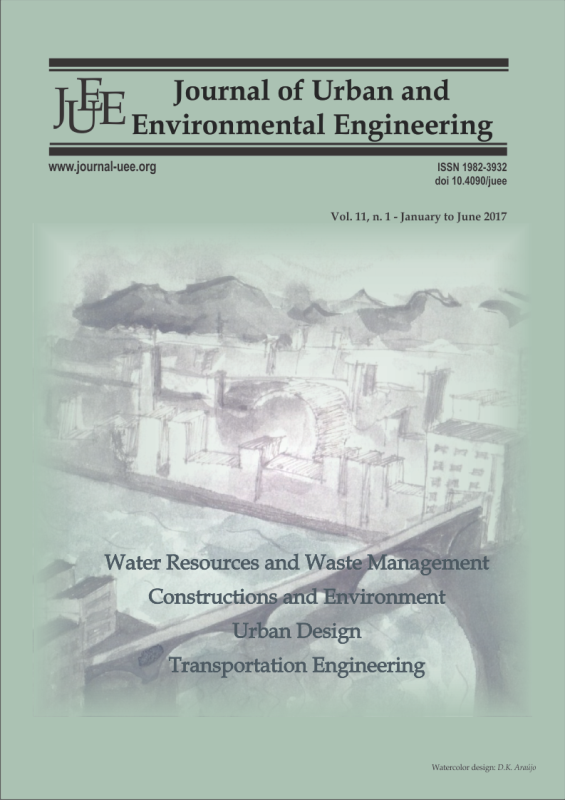Denoising- Jittering data pre-processing technique to improve artificial intelligence based rainfall- runoff modeling
DOI:
https://doi.org/10.4090/juee.2017.v11n1.119-130Keywords:
Rainfall-Runoff modeling, ANN, ANFIS, Wavelet denoising, Jittered data, Oconee River watershedAbstract
Successful modeling of hydro-environmental processes widely relies on quantity and quality of accessible data and noisy data might effect on the functioning of the modeling. On the other hand in training phase of any Artificial Intelligence (AI) based model, each training data set is usually a limited sample of possible patterns of the process and hence, might not show the behavior of whole population. Accordingly in the present article first, wavelet-based denoising method was used in order to smooth hydrological time series and then small normally distributed noises with the mean of zero and various standard deviations were generated and added to the smoothed time series to form different denoised-jittered training data sets, for Artificial Neural Network (ANN) and Adaptive Neuro-Fuzzy Inference System (ANFIS) modeling of daily rainfall – runoff process of the Oconee River watershed located in USA. To evaluate the modeling performance, the outcomes were compared with the results of multi linear regression (MLR) and Auto Regressive Integrated Moving Average (ARIMA) models. Comparing the achieved results via the trained ANN and ANFIS models using denoised-jittered data showed that the proposed data processing approach which serves both denoising and jittering techniques could improve performance of the ANN and ANFIS based rainfall-runoff modeling of the Oconee River Watershed up to 13% and 11% in the verification phase.Downloads
Download data is not yet available.
Downloads
Published
2017-11-05
Issue
Section
Articles




